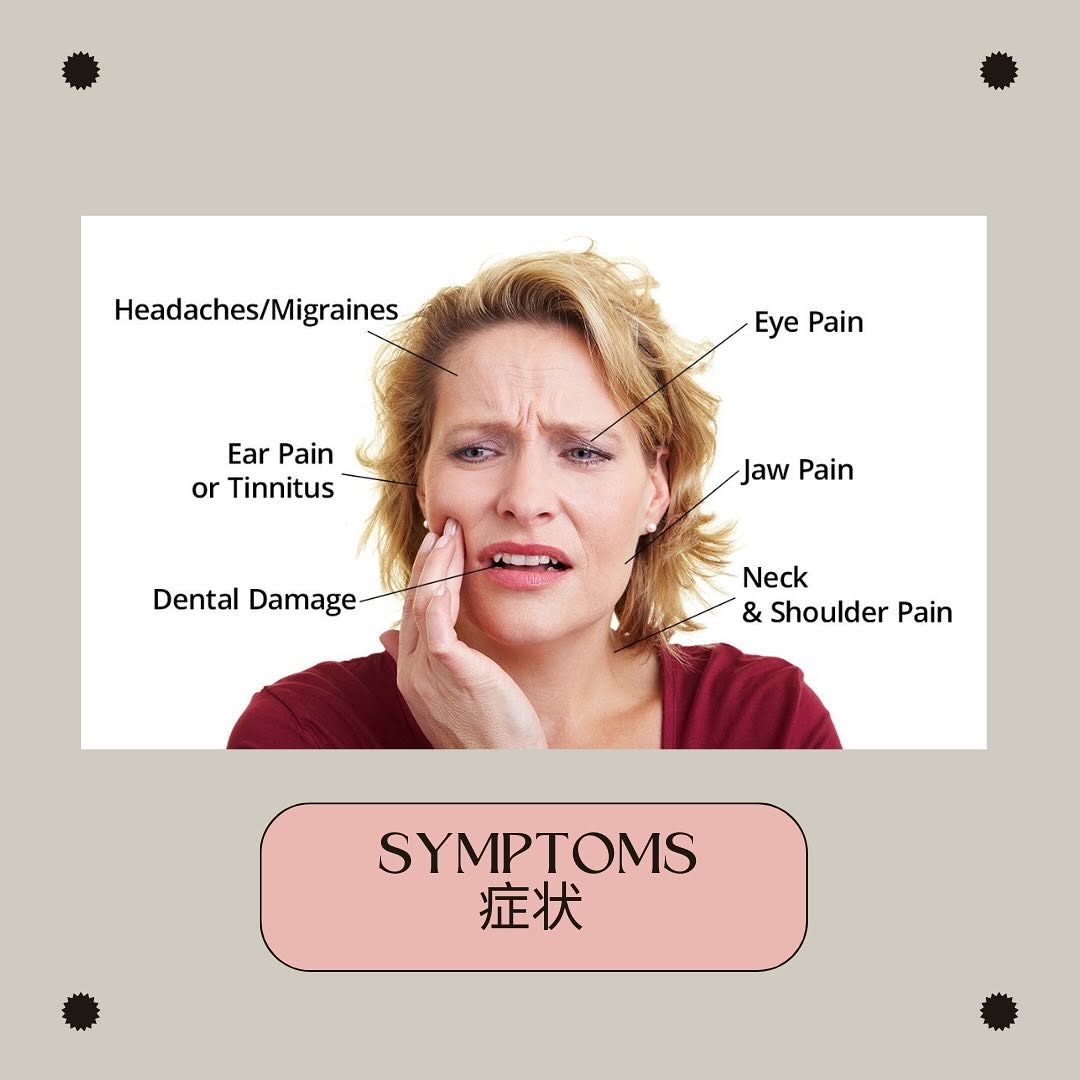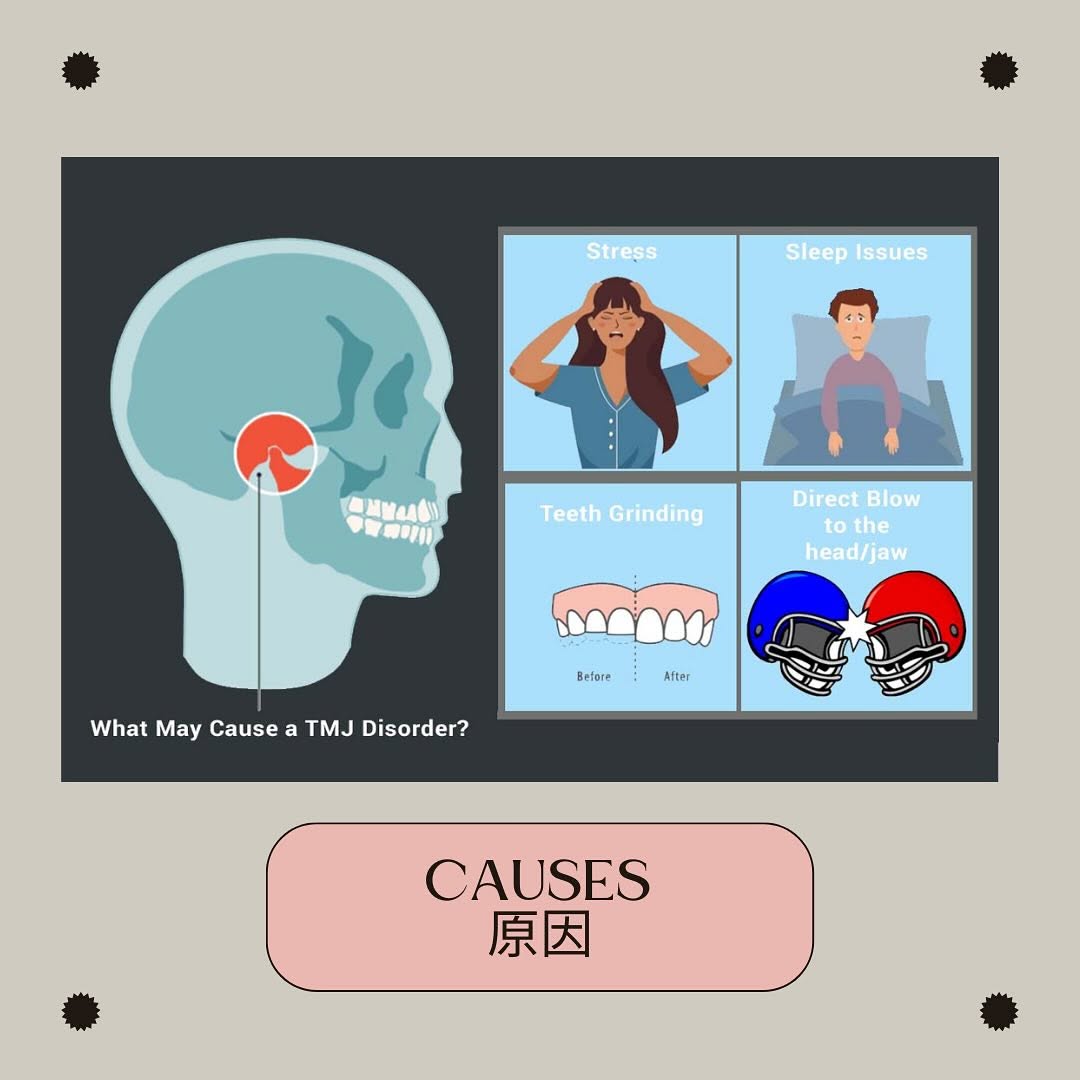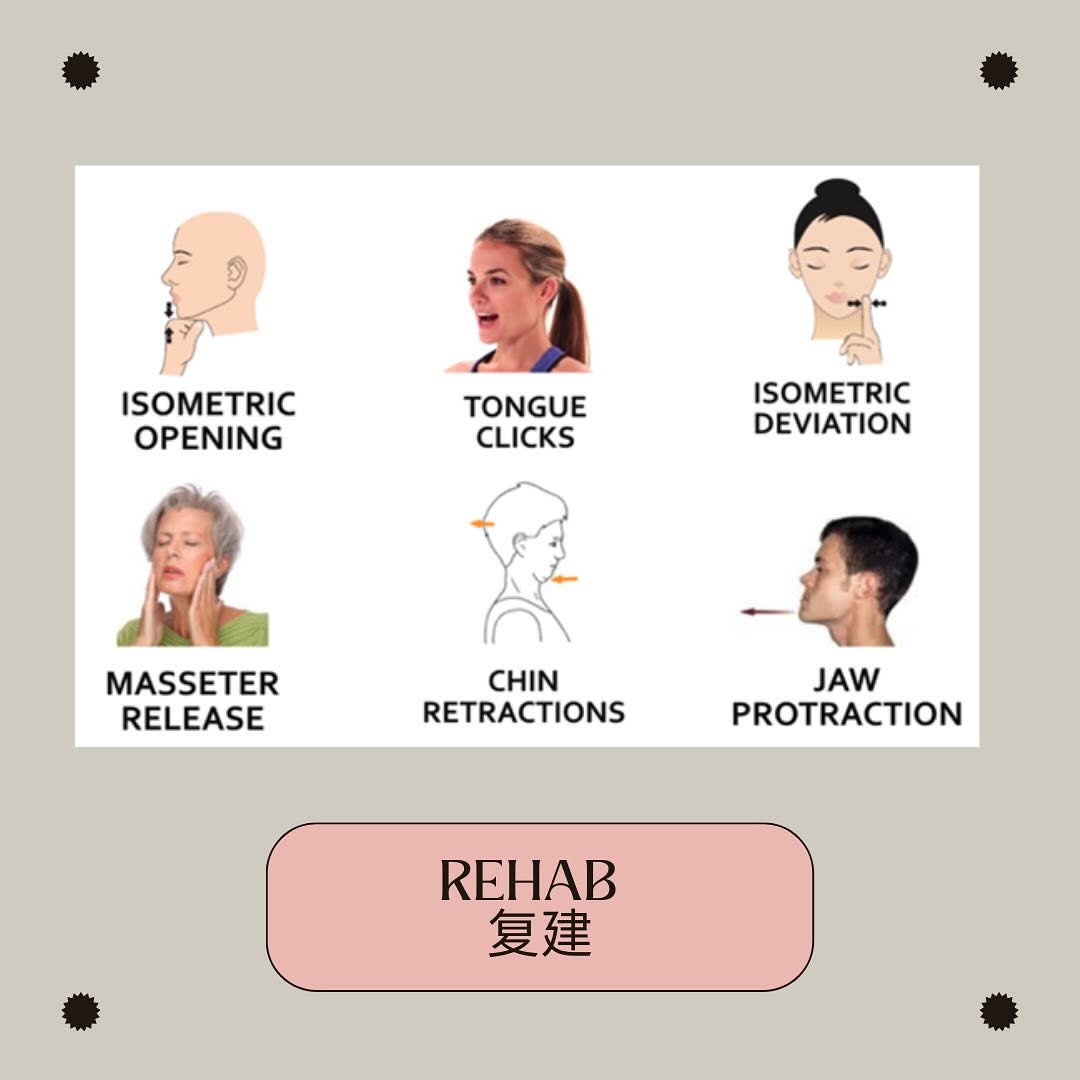


⚠️TMJ dysfunction (TMD) causes pain and tenderness in your jaw joints and surrounding muscles and ligaments. Causes include teeth grinding, jaw injuries, arthritis and everyday wear and tear‼️
🔆The disorder may be intra-articular, due to inflammation, internal structural changes (internal derangement) or degeneration, or it may be extra- articular due to imbalance or over-activity of the jaw muscles, commonly the muscles of mastication or the cervical muscles🥲 There is a strong correlation between postural dysfunction of the cervical spine and TMD. There are numerous other conditions that can cause pain in the TMJ region‼️
🚨Between 5% and 12% of the general adult population have some form of TMJ disorder. The condition is twice as common in women and people assigned female at birth (AFAB) than in men and people assigned male at birth (AMAB). People between the ages of 20 and 40 are most likely to develop TMD⚠️
✨Physiotherapy treatment for TMJ dysfunction typically includes:
🌱Hands-on manual therapy to restore pain-free range of motion at the TMJ, off-load the irritated TMJ disc, and enable proper gliding at the joint
🌱Hands-on soft tissue massage and stretching of tight jaw and neck muscles
🌱 Training of jaw & neck muscles strength to maintain TMJ stability
Try the exercises in last pic to ease your TMJ pain💯💪🏻


 ⚠️TMJ dysfunction (TMD) causes pain and tenderness in your jaw joints and surrounding muscles and ligaments. Causes include teeth grinding, jaw injuries, arthritis and everyday wear and tear‼️
⚠️TMJ dysfunction (TMD) causes pain and tenderness in your jaw joints and surrounding muscles and ligaments. Causes include teeth grinding, jaw injuries, arthritis and everyday wear and tear‼️
 Vietnam
Vietnam